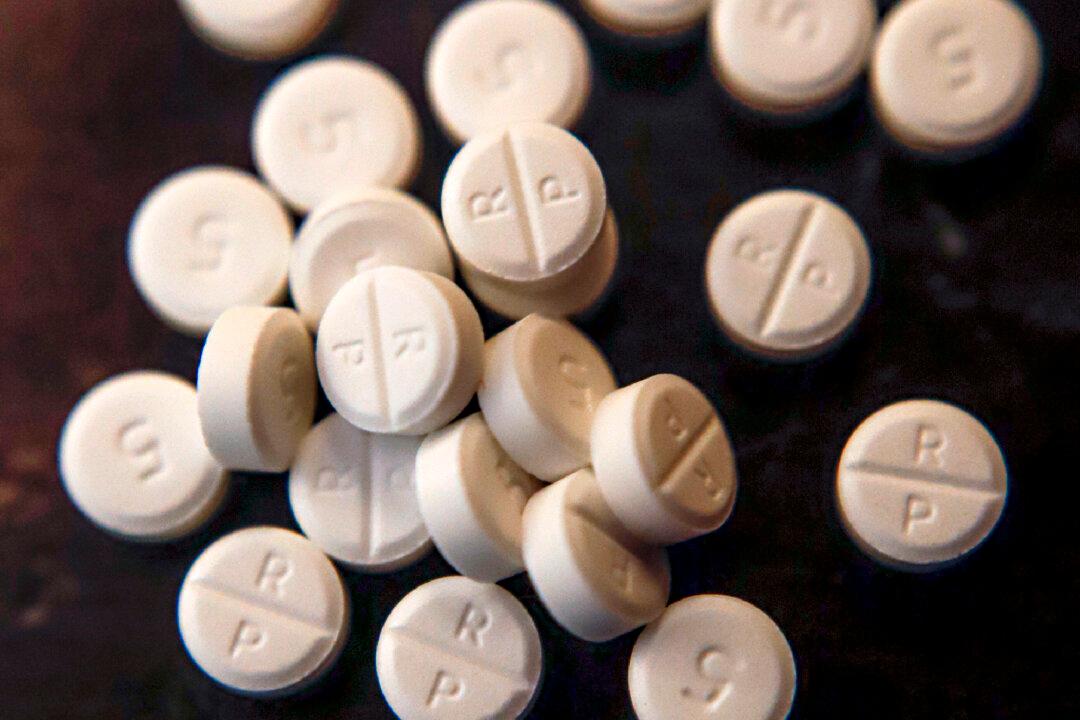The US Department of Justice announced in its press release on Feb. 26 that it was charging a Wayne County physician of defrauding Medicare and Medicaid worth for over $120 million.
Francisco Patino, 65, was charged with health care fraud, wire fraud, and money laundering. These charges were added to two counts of health care fraud and one count of conspiracy to defraud the United States from the original indictment (pdf).





